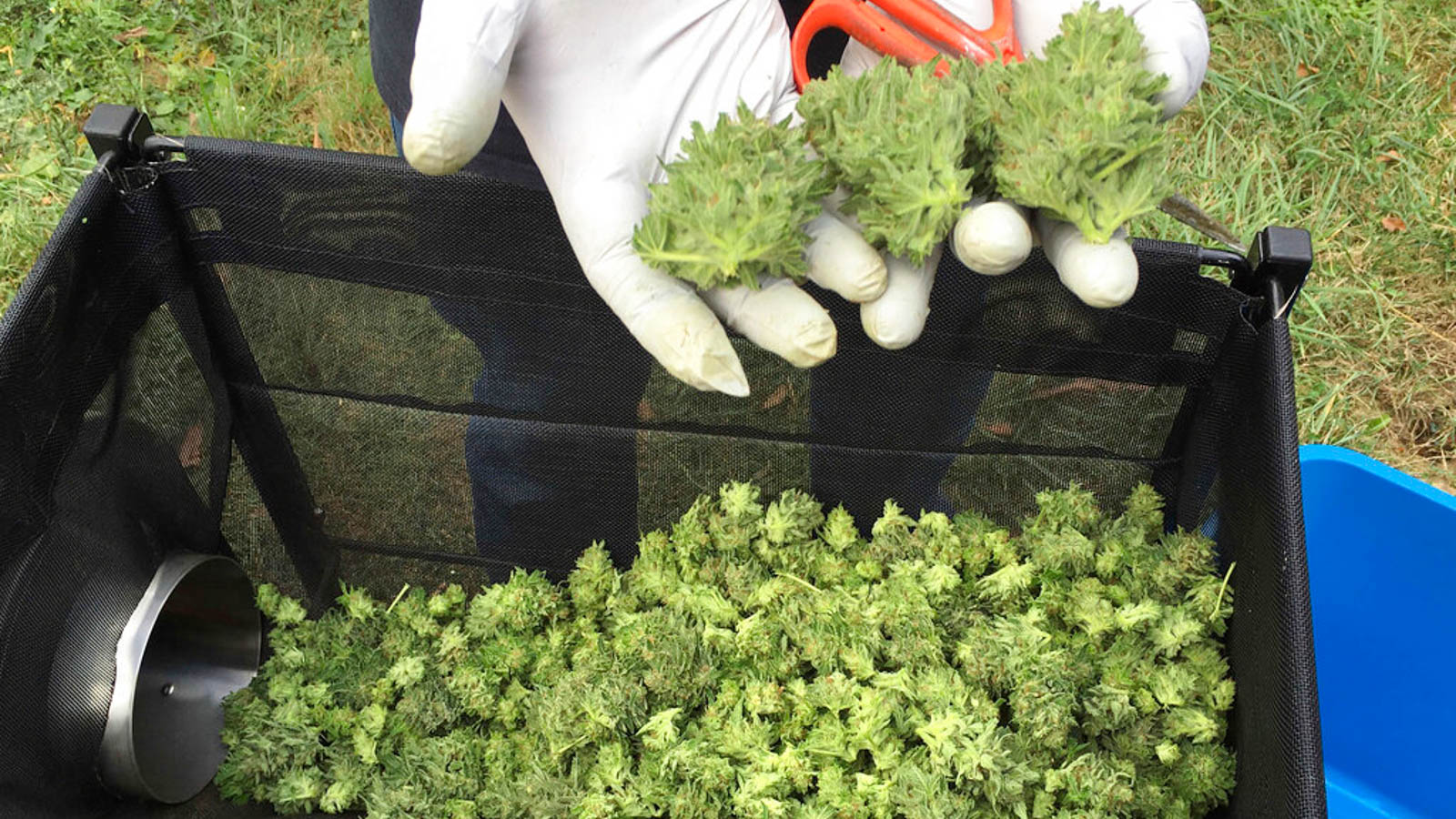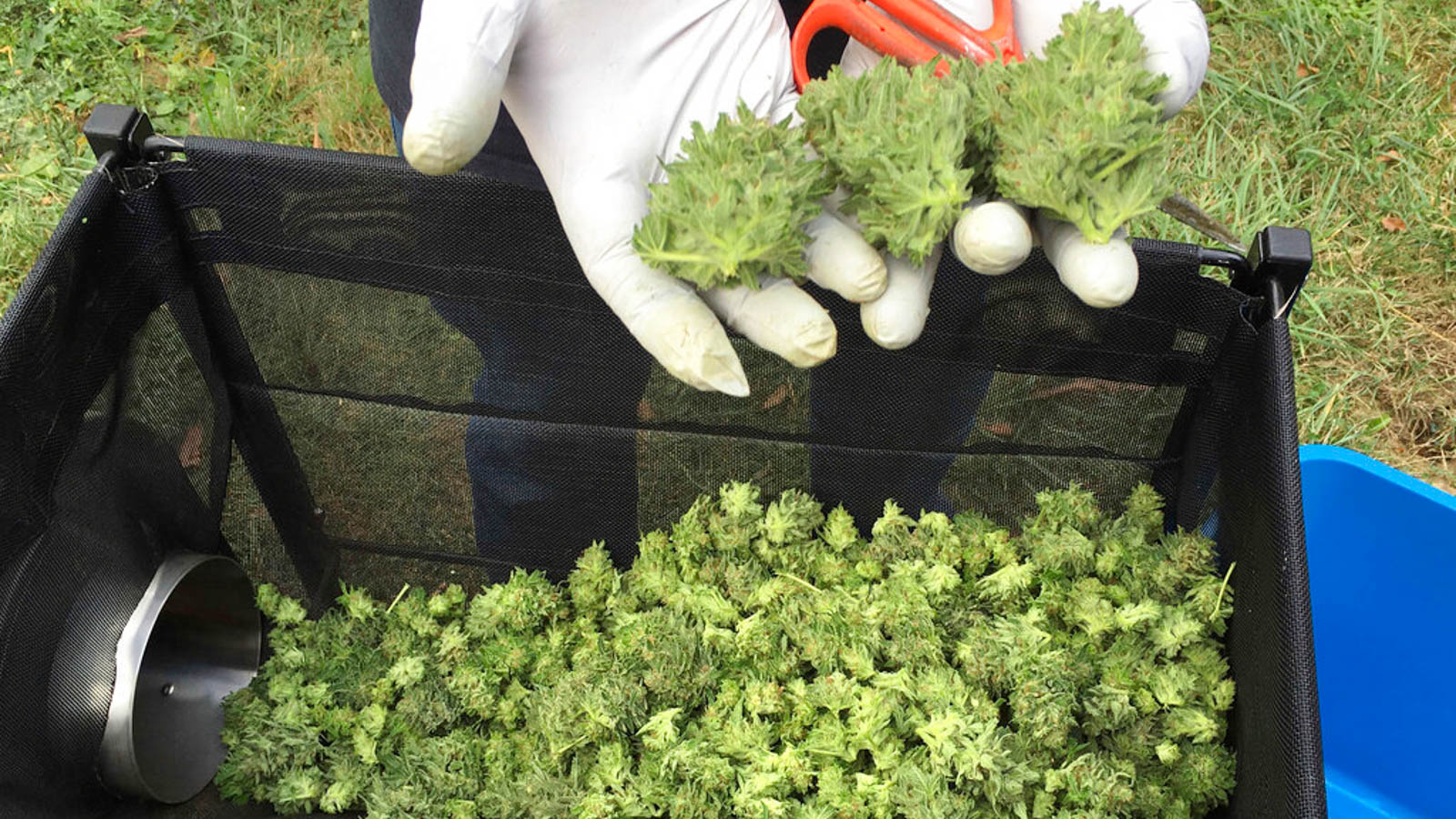
It may seem like a pipe dream now, but Oregon lawmakers are anticipating the federal government legalizing, or at least tolerating, the interstate transfer of marijuana.
The state Senate Judiciary Committee moved forward a bill in early April 2019 empowering the governor to enter into agreements with other states for such transactions. The bill, which was completely rewritten in an amendment, goes to the Senate floor for a vote.
Unlike the original bill, the new version specifies that it would not be operative until federal law is amended to allow for the interstate transfer of marijuana, or the U.S. Department of Justice issues an opinion or memorandum allowing or tolerating it.
Republican state Sen. Cliff Bentz, one of two GOP committee members who voted against the bill, said he prefers to wait for the federal government to take action.
But Democratic state Sen. Shemia Fagan, who was among four in her party and one Republican who voted in favor April 3, 2019, said it would give Oregon marijuana businesses an advantage if and when the federal government opens the path. Oregon shares borders with three states that also have legalized adult-use marijuana: California, Nevada, and Washington. Interestingly, one of the largest suburbs of Portland is Vancouver, Washington, where thousands commute to and from Clark County daily. Taking cannabis across the Columbia River between either state is illegal today.
“Oregon’s industry is basically first in line for when the feds do act,” Fagan said. “If we wait until the feds act, then all the other states will be working with their legislatures to then pass, and Oregon will kind of be at the tip of the spear and take advantage of what could be a lucrative opportunity for Oregon industry.”
Oregon will kind of be at the tip of the spear and take advantage of what could be a lucrative opportunity for Oregon industry. Click To Tweet
Adam J. Smith, executive director of the Craft Cannabis Alliance, which represents cannabis and allied businesses in Oregon, said he expects other states to follow Oregon’s lead and authorize interstate commerce if the federal government creates an opening.
“States would set the parameters and have to regulate it,” Smith, whose association has been pushing for the bill, said in a telephone interview April 5, 2019.
A marijuana plant grows September 2016 in Corvallis, Oregon, where it is ready for harvest. As one of the first states to decriminalize marijuana and later legalize it for adult use, Oregon has ambitions to be the leader when the federal government will clear the way for interstate marijuana sales. Lawmakers are considering legislation to do just that. (Associated Press file photo/Andrew Selsky)
There are several bills in Congress that would take marijuana off of Schedule I of the Federal Controlled Substances Act (CSA). Their future remains uncertain, but even a decision by the federal Justice Department to deprioritize prosecuting interstate marijuana commerce would be enough for Democratic Gov. Kate Brown to start seeking cooperation with other states, according to the bill and its co-sponsor, Democratic state Sen. Floyd Prozanski.
“The governor would not be able to move forward unless there was something like a new Cole memo, or something happening in Congress to permit this type of transaction, or something else coming out of the U.S. Attorneys as to tolerance,” Prozanski told the judiciary committee, which he chairs.
The Cole memorandum restricts federal marijuana law enforcement in states where cannabis is legal. Oregon was the first state to decriminalize personal possession, in 1973. It legalized medical marijuana in 1998, and recreational use in 2014. Ten states and Washington, D.C., have legalized recreational marijuana.
Any agreement with other states must ensure enforceable public health and safety standards, and include a system to regulate and track the interstate delivery of marijuana items, the bill says.
Anthony Uribes checks a marijuana plant Feb. 27, 2018, at Avitas, a cannabis production facility in Salem, the capital of Oregon, where the state Senate Judiciary Committee approved a bill that would allow the governor to enter into marijuana sales agreements with other states. (Associated Press file photo/Andrew Selsky)
Smith said his association is pushing “to open new markets for Oregon’s world-class cannabis by 2021.” Oregon has an ideal growing climate, a marijuana surplus, and is poised to become a prime exporter, he said.
A yes vote on the Senate floor, which hasn’t been scheduled yet but could happen as early as the week of April 8, 2019, would send the bill to the House side.
Brown has not staked out a position on the bill, telling reporters instead that her priority is opening up the banking industry to cannabis businesses.
In an indication of how much the industry is booming, cannabis generated a record-high $82 million in tax revenues for the state during the 2018 fiscal year, according to the Oregon Department of Revenue.
— Andrew Selsky
Featured Image: A marijuana harvester examines buds going through a trimming machine Sept. 30, 2016, near Corvallis, Oregon. Lawmakers are anticipating the federal government legalizing, or at least tolerating, the interstate transfer of marijuana and have moved forward a bill empowering the governor to enter into agreements with other states for such transactions. (AP Photo/Andrew Selsky, File)















